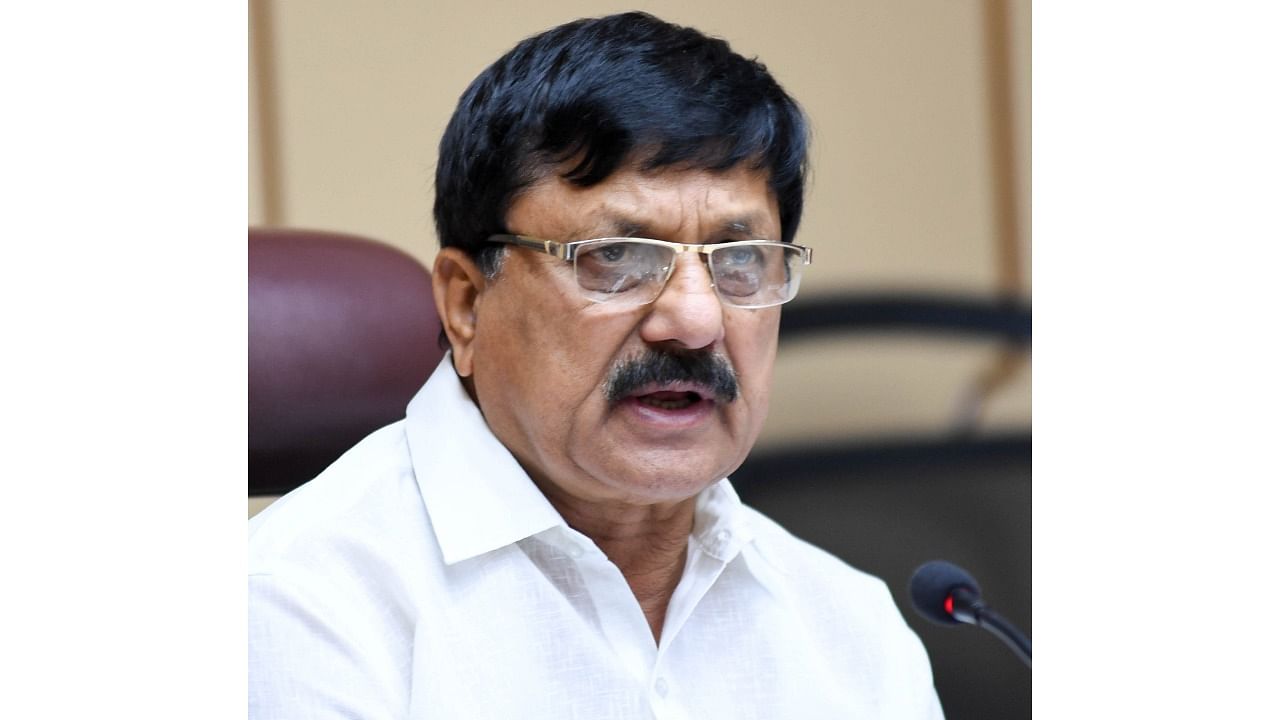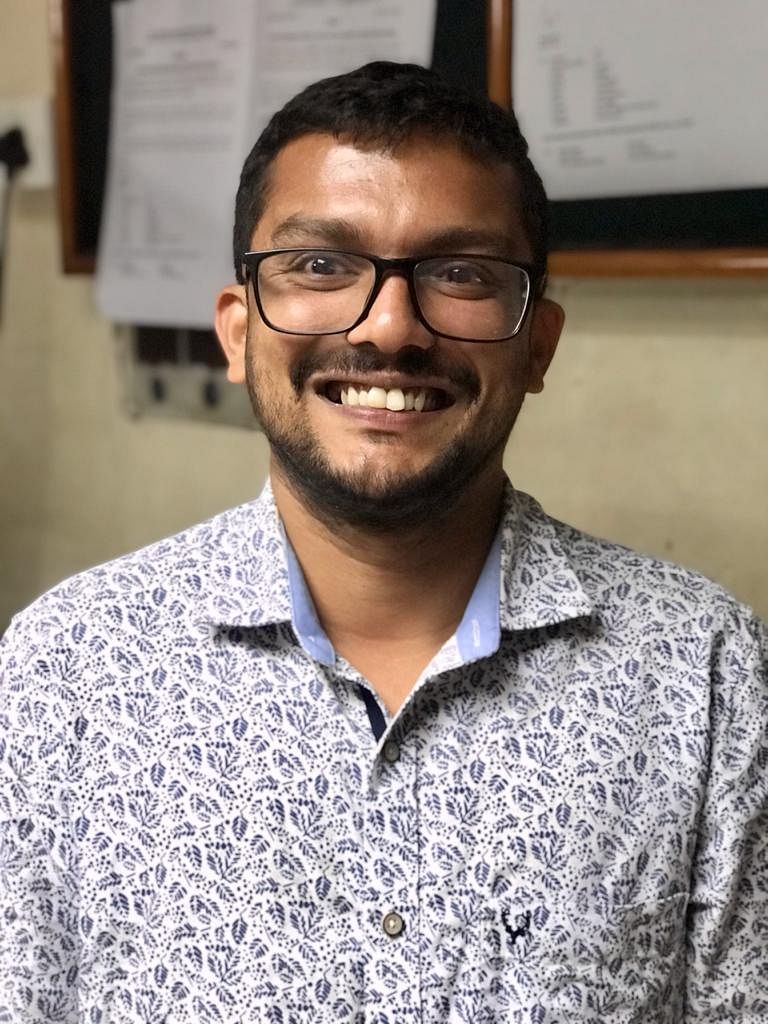
Karnataka’s anti-conversion bill has generated concerns that the new law may become a tool for the BJP government to target specific religions. Chief Minister Basavaraj Bommai is scheduled to chair a Cabinet meeting on December 20 where the bill’s fate will be decided. Home Minister Araga Jnanendra sat down with DH’s Akram Mohammed on the sidelines of the Belagavi Winter Session of the legislature to discuss the controversial topic. Excerpts:
When will the anti-conversion bill be tabled?
The bill will first be discussed in the Cabinet before it is tabled in the Assembly. Mostly, it will be tabled on Monday after a Cabinet meeting.
If the draft bill is ready, what are the changes the government is looking at?
In a bill like this, every word is crucial. It’s not an easy job. We have sought assistance from private advocates to discuss the terminology used. After the bill becomes a law, it should not be challenged in the Supreme Court or High Court.
Is the bill still being revised?
It's almost in the final stages now. A few elements of the bill will be discussed again in the Cabinet meeting and changes will be made before the final version is tabled.
What are the major takeaways of the proposed bill?
Article 25 of the Constitution says that forced conversion or conversion by allurement is not allowed. It does not specify the penal clauses for violating this, which we are introducing in the bill. We’re not stopping anyone from converting as the Constitution allows for it. It’s my choice which religion I should follow. The bill allows conversions, but they should inform local authorities. They should declare it to the deputy commissioner (DC) using a prescribed application with details about the religion he or she belonged to and the new religion being adopted. Whoever is facilitating - be it a priest, purohit or maulvi - should also declare the conversion. Following this, the DC will review these applications to see whether those who converted were under pressure or allurement, after which permission will be granted.
Is there a time limit for deputy commissioners to grant permission to convert?
Yes, there is. Time limit is currently being finalised. During the review, if the DC discovers any pressure or allurement, FIR will be filed immediately. Penal clauses will be invoked subsequently to imprison those converting people. Those guilty can face 3-10 years in prison.
What happens after the DC grants permission?
The DC will write to various departments with details of the conversion. If he or she is a government employee, the DC will write to the head of the department concerned. He or she will lose the facilities granted by virtue of their original religion or caste. In case he or she was getting benefits from the Social Welfare Department, after conversion, benefits of the Minority Welfare Department will be given.
There is much opposition to the bill. Christians are protesting.
The bill we are tabling is not against anyone. Nobody will stop anyone from converting, if a person wills it. The only thing is that the DC should grant permission. This will bring transparency in conversions and prevent cases where entire villages are converted to Christianity or Islam.
Also Read — Cops, MLAs colluded with vigilantes for hate crimes against Christians in Karnataka: Report
The CM reportedly wants to table the bill only after weighing the pros and cons. Is the government going to go slow?
We started the process of drafting the bill some 8-10 days ago. We have been holding regular meetings about the bill in the last 2-3 days. Until recently, we had the election model code of conduct, so we could not work on the legislation.
What about ‘Love Jihad’. Is the government considering a separate bill on that?
It will be part of this (anti-conversion) bill only. 'Love Jihad' involves marriage and there are provisions to curb marriages for the purpose of conversion. The government was considering a separate bill. But, if this bill ends up covering the issue, then it won’t be necessary.
